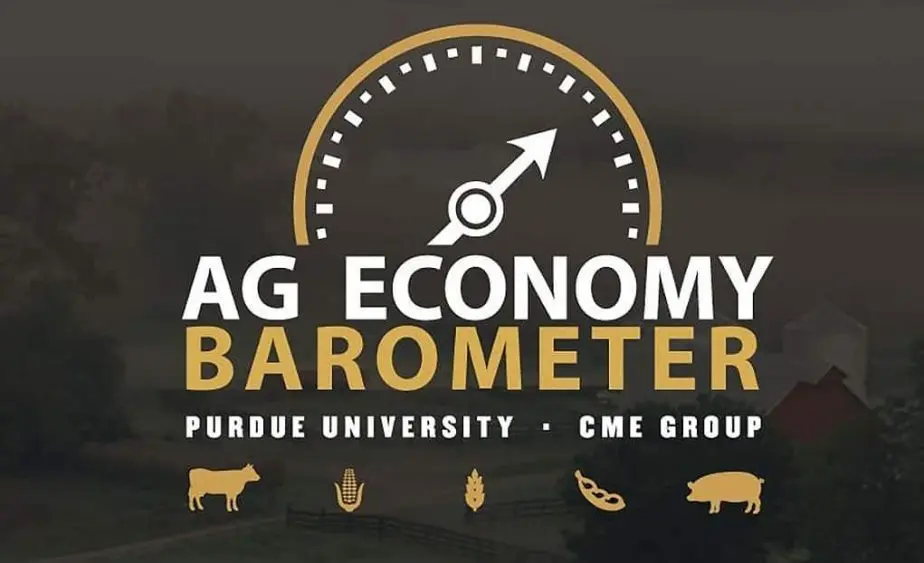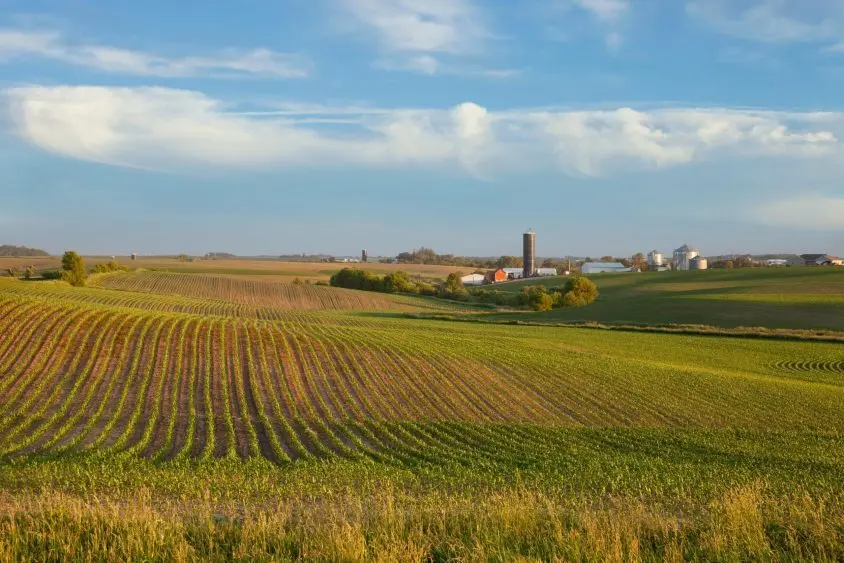
WASHINGTON, May 14, 2025 – Earlier today, the House of Representatives Ways & Means Committee advanced changes to the 45Z Clean Fuel Production Credit as a part of the legislation titled, “The One, Big, Beautiful Bill.” The revised credit ensures that North American-grown soybeans and canola can benefit from the credit and prohibits imported feedstocks such as Chinese ‘UCO’ and South American tallow from receiving U.S. taxpayer support.
The soy crush industry has invested heavily in rural America and expanded dramatically in recent years to meet the demand for continued growth in the domestic biofuels market. The modified credit reinforces this momentum to revitalize rural America by encouraging domestic production of biofuels, limiting feedstocks to those grown and produced in North America.
Furthermore, the elimination of the Indirect Land Use Change (ILUC) penalty, an arbitrary and outdated tariff on U.S. farmers, helps level the playing field, reducing the burden on the individuals feeding and fueling our country. Phasing out ILUC ensures emissions calculations are based on real-world environmental data, not flawed theoretical models.
“This is a welcome step forward, and NOPA thanks the many members on the Ways & Means Committee who stood up for American farmers and rural manufacturing jobs—jobs that cannot be off-shored,” said Devin Mogler, President and CEO of NOPA. “The oilseed processing industry has made the investments and demonstrated that we can supply the feedstocks necessary to achieve a 2026 biomass-based diesel RVO of at least 5.25 billion gallons. Aligning tax policy to protect domestic feedstocks from being displaced by foreign imports is essential to securing American energy dominance.”
Likewise, America’s soybean farmers, who have worked for years to help build the biofuels industry and support its growth, are pleased with these changes.
American Soybean Association President Caleb Ragland, who grows soy in Kentucky, said, “ASA appreciates the efforts of the Ways & Means Committee to make meaningful changes to the 45Z tax credit to ensure that it works for soybean farmers and the entire soy value chain. The revisions that this committee has made will support U.S. agriculture and protect a key domestic market for soybean farmers.”
ASA has long advocated to protect soy as a primary feedstock for domestically produced biomass-based diesel and to ensure 45Z better supports fuels made with domestic feedstocks.



